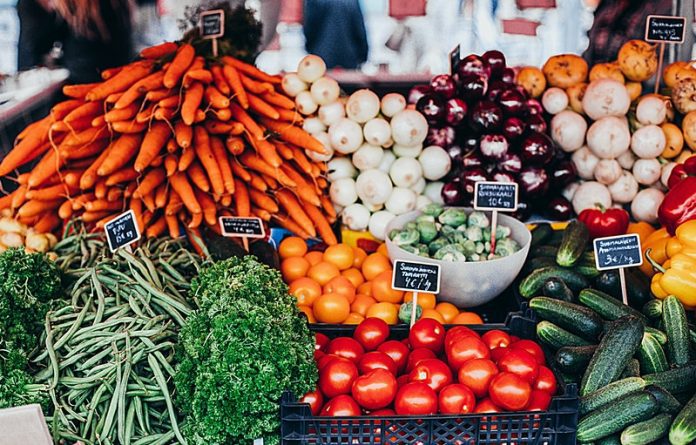
Scientists from Harvard University found that eating 5 servings of fruit and vegetables every day may help lower the death risk from cancer, heart disease, and respiratory disease.
Fruits and vegetables are good sources of vitamins and minerals, including folate, vitamin C, and potassium.
They’re an excellent source of dietary fiber, which can help to maintain a healthy gut and prevent constipation and other digestion problems. A diet high in fiber can also reduce the risk of bowel cancer.
However, the best levels of fruit and vegetables people should have to maintain long-term health are still unclear.
In the study, researchers followed 66,719 women from the Nurses’ Health Study (1984–2014) and 42,016 men from the Health Professionals Follow-up Study (1986–2014) to solve the issue.
These people were free from heart disease, cancer, and diabetes at the beginning of the study.
The team examined these people’s diets using a food frequency questionnaire every 2 to 4 years.
During the follow-up, there were 33,898 deaths. The team found that fruit and vegetable intake was linked to a lower risk of death from cancer, heart disease, and respiratory disease.
Specifically, an Intake of 5 servings per day of fruit and vegetables, or 2 servings of fruit and 3 servings of vegetables, was linked to the lowest death.
Above that level, higher intake was not linked to more death risk reduction.
The researchers also found that compared with eating 2 servings per day, a daily intake of 5 servings of fruit and vegetables was linked to lower death from cancer, heart disease, and respiratory disease.
Higher intakes of most subgroups of fruits and vegetables were linked to lower death risk, with the exception of starchy vegetables such as peas and corn.
Intakes of fruit juices and potatoes were not linked to death risk.
Based on these findings, the researchers concluded that eating more fruit and vegetables is linked to lower death risk. The risk reduction peaks at 5 servings of fruit and vegetables per day.
These findings support dietary recommendations to increase the intake of fruits and vegetables, but not fruit juices and potatoes.
The research was published in Circulation and was conducted by Dong Wang et al.
Copyright © 2022 Scientific Diet. All rights reserved.





